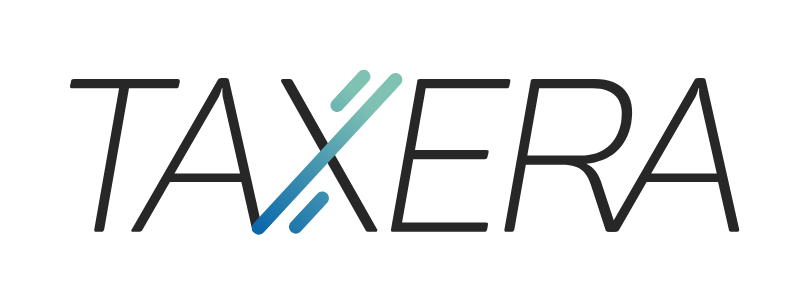1. Compliance
Businesses need to ensure that they are fully compliant with the new e-Invoicing requirements by the July 1, 2023 deadline.
2. Technology
Businesses will need to ensure that their invoicing systems are compatible with the Peppol network and able to generate and receive invoices in the required electronic format.
3. Supplier readiness
Businesses will need to ensure that their suppliers are able to generate and send electronic invoices through the Peppol network.
4. Customer readiness
Businesses will need to ensure that their customers are able to receive electronic invoices through the Peppol network.
5. Data quality
Businesses will need to ensure that the data contained in their invoices is accurate and consistent with other records, such as purchase orders and delivery receipt
6. Invoice format
Businesses will need to ensure that their electronic invoices comply with the required format, such as XML, UBL, or JSON
7. Digital mailbox
Businesses will need to ensure that they are able to access and manage their invoices through the ATO’s digital mailbox service
8. Security
Businesses will need to ensure that their invoicing systems and processes are secure and that sensitive information is protected.
9. Training and education
Businesses will need to ensure that their staff are trained on the new e-Invoicing requirements and that they are aware of any changes to their invoicing processes.
Deadline
Businesses will need to ensure that they are aware of the different deadlines for compliance based on their industry and business type, and that they are prepared to meet these deadlines





